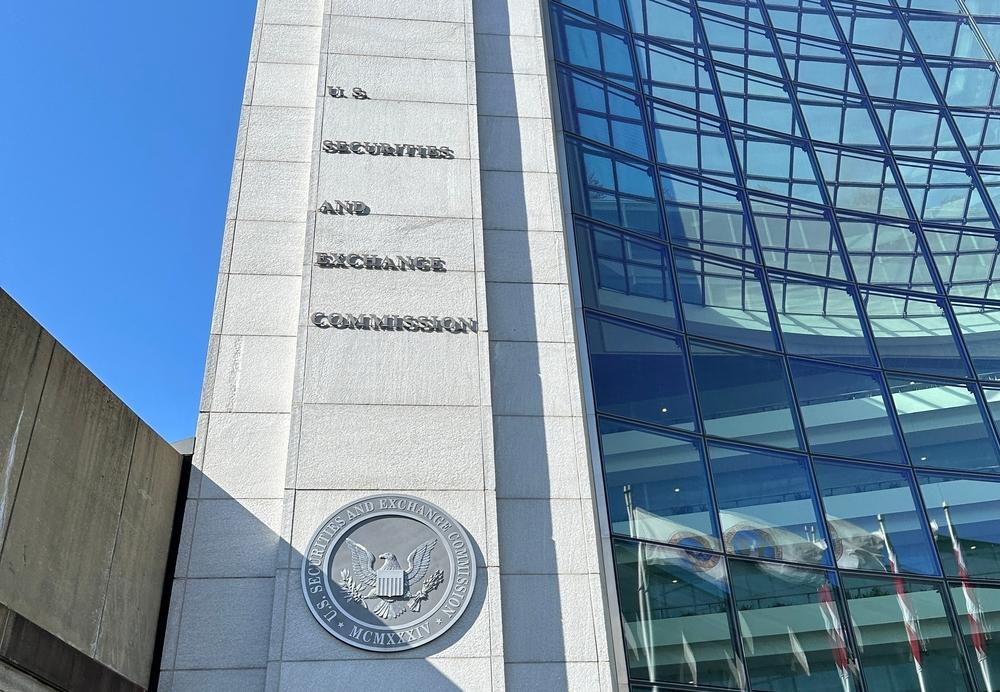Stablecoins such as Tether (USDT) rose in popularity lately as cryptocurrency investors began looking for less volatile alternatives to Bitcoin (BTC). The Financial Stability Board (FSB) warns of the potential risks involved with global stablecoins (GSC) and recently released its “recommendations to address the regulatory, supervisory and oversight challenges raised by GSCs arrangements.”
The Financial Stability Board, an international body that monitors the international financial system, believes that stablecoins have the potential to enhance financial services, according to Bitcoin.com. However, the FSB also believes that the adoption of the crypto-assets on a global scale could pose a risk to the financial system.
“So-called ‘stablecoins’ are a specific category of crypto-assets which have the potential to enhance the efficiency of the provision of financial services, but may also generate risks to financial stability, particularly if they are adopted at a significant scale,” the FSB wrote in its report titled “Regulation, Supervision, and Oversight of ‘Global Stablecoin’ Arrangements.”
The international body warned that large-scale adoption of stablecoins could put a strain on existing regulations, as well as supervisory and oversight controls in place. “The activities associated with GSCs and the risks they may pose can span across banking, payments, and securities/investment regulatory regimes both within jurisdictions and across borders,” the FSB wrote. “GSCs also can give rise to specific vulnerabilities.”
FSB raised concerns on the possibility of criminals using stablecoins in their activities. “For example, depending on the facts and circumstances, specific money laundering/terrorist financing risks may emerge; the decentralized nature of GSC arrangements could pose governance challenges; stabilization mechanisms and redemption arrangements could pose market, liquidity, and credit risks; and, the infrastructure and technology used for recording transactions, and accessing, transferring and exchanging coins could pose operational and cyber-security risks,” the FSB said.
To address the potential risks, the FSB released a few recommendations, which include more comprehensive regulations to govern the industry. “Authorities should apply comprehensive regulatory, supervisory and oversight requirements and relevant international standards to GSC arrangements on a functional basis and proportionately to their risks,” the FSB said.
The international body likewise highlighted the need for coordination and cooperation among authorities both domestically and internationally so they can effectively monitor cross border GSC arrangements. The FSB also recommended that governance and management frameworks should be in place to determine accountability and cybersecurity requirements.
While the FCB raised concerns on criminals using cryptocurrency in money laundering, a recent report by the Society for Worldwide Interbank Financial Telecommunication (SWIFT) reveal that criminals still prefer cash over cryptocurrency when laundering money. “Identified cases of laundering through cryptocurrencies remain relatively small compared to the volumes of cash laundered through traditional methods,” the payments network wrote.


























Comment 2